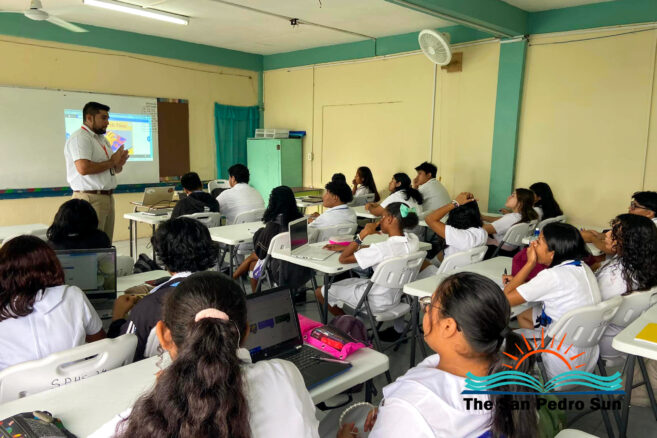EDUCATION IN BELIZE
Belize has a structured education system influenced by its British colonial past. Education is compulsory from ages 5 to 14 and is provided by a mix of government and church-run institutions. The system emphasizes literacy, numeracy, moral education, and practical skills, though challenges remain in access and resources—especially in rural areas.
Structure of the Education System
1. Pre-Primary (Early Childhood Education)
- Ages: 3 – 5
- Includes preschool and kindergarten.
- Focuses on play-based learning, basic literacy, and social development.
2. Primary Education
- Ages: 5 – 12 (Infant I to Standard VI)
- Duration: 8 years
- Compulsory and free at government schools.
- Ends with the Primary School Examination (PSE) in Standard VI.
- Subjects: Math, English, Science, Social Studies, and Health Education.
3. Secondary Education
- Ages: 12 – 16 or 17
- Duration: 4 years (Forms I–IV)
- Admission based on PSE performance.
- Ends with CSEC (Caribbean Secondary Education Certificate) exams, administered by CXC (Caribbean Examinations Council).
- Streams: Academic, Technical-Vocational, and Business.
4. Tertiary (Post-Secondary) Education
- Junior Colleges / Sixth Form (2 years)
- Students earn Associate Degrees.
- Universities:
- University of Belize (UB) – Main national university.
- Galen University, Sacred Heart Junior College, Wesley Junior College, and more.
- Degrees offered: Associate’s, Bachelor’s, and Master’s.
5. Vocational & Technical Education
- Institutions like ITVET (Institute for Technical and Vocational Education and Training) offer skills training in:
- Mechanics
- Electrical work
- Hospitality and Tourism
- Agriculture
- Carpentry
6. Adult & Continuing Education
- Evening schools and community-based programs.
- Literacy campaigns and job-skill training initiatives for adults.
Key Features
- Education is primarily English-medium.
- Religious institutions (especially Roman Catholic, Anglican, Methodist) manage many schools under government funding.
- Uniforms are required in most schools.
- High emphasis on discipline, ethics, and Christian values.
Challenges in Education
- Dropout rates, especially after primary school
- Limited access in remote and rural communities
- Underfunded schools
- Shortage of qualified teachers in some subjects
- Language barriers for indigenous and Creole-speaking children
Recent Improvements & Government Initiatives
- Subsidized secondary education in some districts
- School feeding programs for underprivileged students
- Teacher training and professional development
- Emphasis on STEM education and digital literacy
- Scholarship programs for tertiary education
Key Education Authorities
- Ministry of Education, Culture, Science and Technology (MoECST)
- Partners with:
- UNICEF
- World Bank
- CXC
- Churches and NGOs



